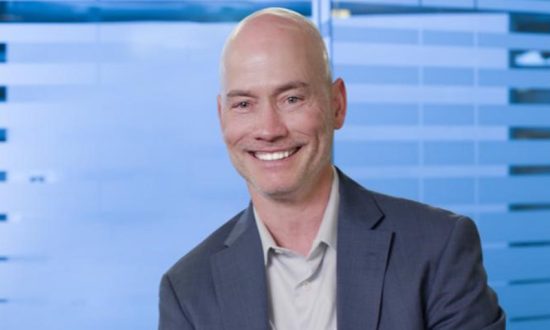Tracy Reinhold, CSO at Everbridge is responsible for advancing Everbridge’s enterprise-level security strategy, as well as working closely with customers and partners to optimize their organizational approach to managing and responding to critical events. Reinhold has served in executive leadership roles in security and incident management for some of the world’s largest brands. As CSO at Fannie Mae, Reinhold was responsible for designing and managing the company’s enterprise resilience strategy. Prior to Fannie Mae, Reinhold served as VP of Global Investigations at Walmart. He created and led a team of global investigators in the United States, Asia, Africa, South America and the UK. Prior to his commercial roles in security, Reinhold served as a Special Agent with the Federal Bureau of Investigation for twenty-two years. He was a member of the Senior Executive Service, served as Associate Executive Assistant Director for National Security, and led the FBI’s intelligence division.
As the Chief Security Officer at Everbridge, what is your main responsibility?
As the CSO, I am responsible for the overall security strategy at Everbridge. This includes both internally as well as helping our customers realize the value of technology in security.
What is critical event management? Do you think it is a must for every company?
Critical Event Management (CEM) is the ability to address business interruptions and return to revenue quickly. This is done through the gathering of intelligence, the visualization of threat or impact information, the automation of the response to enhance recovery, and finally, the ability to return to business as usual. This process is critically important for all organizations.
From being employed at the FBI and Walmart to joining Everbridge, what has your professional journey been like? Can you share some of the important milestones?
The most significant portion of my career was in public service, first in the Marine Corps and then with the FBI. I learned early that the sense of mission meant a lot to me and this is why I am now at Everbridge, as our mission is to keep people safe and businesses running.
Why did you leave the FBI after 22 years of service?
I retired from the FBI after 22 years, having had a very successful career and then took my learnings to the private sector in an attempt to add value in the private sector like I had in the public sector.
Each company has a different type of exposure to digital and physical threats and risks. How do you create an effective strategy to safeguard your clients?
The appropriate strategy is to take a holistic approach which is threat and risk agonistic. That is to say, have a solution that is valuable across the board and not tied to a specific risk or threat. The idea is to be able to recover from a business disruption regardless of the cause of the disruption.
What excites you about your job?
As I mentioned before, the ability to protect people and help organizations recover quickly really excites me. What we do at Everbridge matters and the mission is more important than the individual.
We’ve come a long way from ARPANET. Today, we face the most threats via the internet and have been combating them with AI and cybersecurity. How does Everbridge use technologies to harness the most effective security plan?
Technology is an enabler of security and allows organizations to address security risks at a much faster rate. Technology accelerates our ability to identify, assess, and respond to risks and threats. This results in a safer, more resilient business.
Tell us something interesting about yourself. What do you do in your free time, or how do you like to spend your holiday?
I design and build furniture in my spare time. I find that to be a great way to relax and recharge during my downtime.
Being an expert in all things security, what are some tips that we can use personally to protect ourselves from attacks, both digital and physical?
I consider myself a student of security as opposed to an expert. We are constantly learning and leveraging new technologies and techniques as they relate to security. The most important things people can do to protect themselves is to be present in the moment. Understand that what you do matters to people who are working at cross purposes to the mission of your organization. The same concept also applies to physical security when you are traveling. Be aware of your surroundings, do not take unnecessary risks, and take the advice of your security teams in all matters relating to both physical and digital security.






